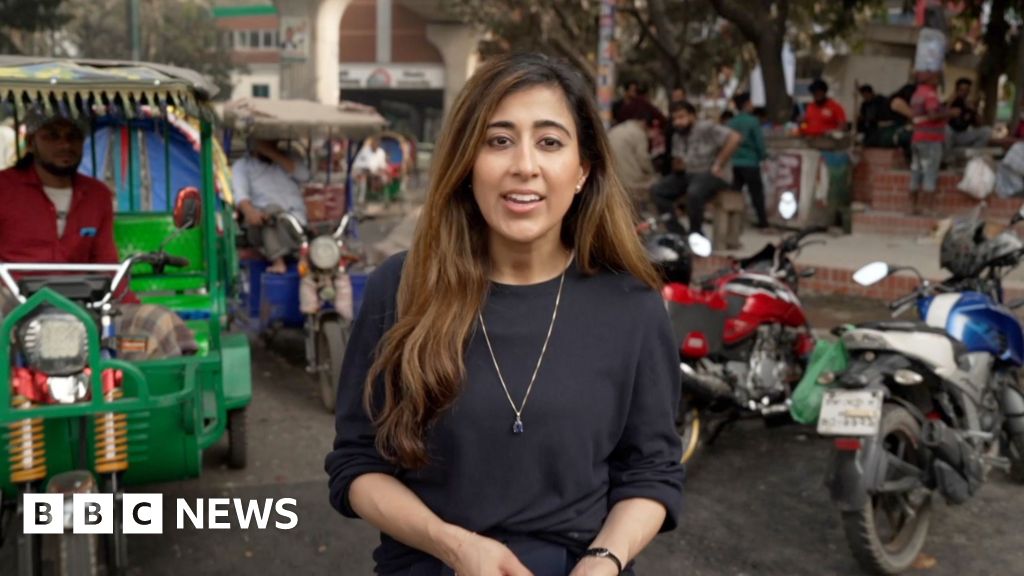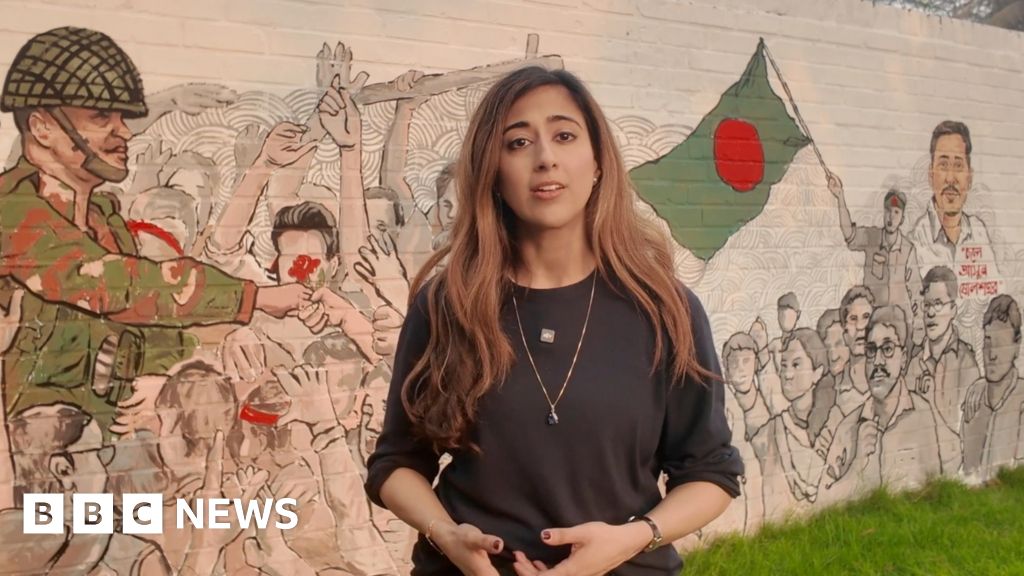- Messages
- 3,828
- Likes
- 2,048

Watch: Three issues that matter to voters in the Bangladesh election
It's the first election since the 2024 Gen Z uprising that toppled Bangladesh's long-serving prime minister Sheikh Hasina.

BBC at memorial for Gen Z protesters after landmark election in Bangladesh
BBC South Asia correspondent Azadeh Moshiri visited Sheikh Hasina's former residence which is now a memorial for the student protesters killed in the 2024 uprising.
